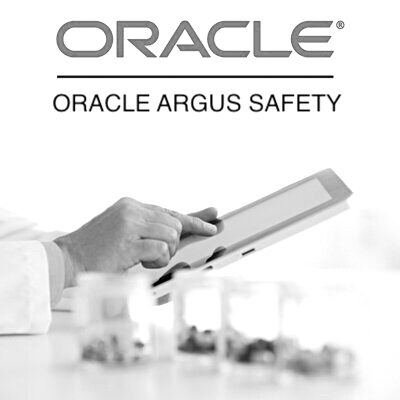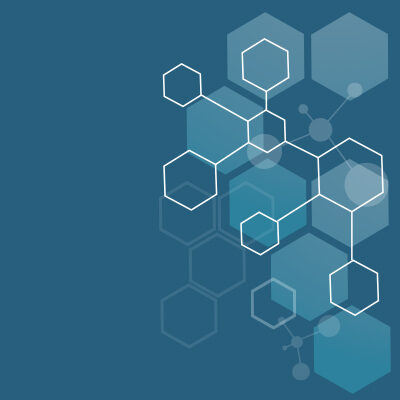WHO & Safety Reporting
The World Health Organization (WHO) is a specialized agency of the United Nations that is responsible for promoting and protecting the health of people worldwide. One of the important functions of the WHO is to monitor the safety and efficacy of medicines, vaccines, and other medical products.
To ensure the safety of medical products, the WHO works with national regulatory authorities to establish reporting systems for adverse events and reactions. Adverse events are any untoward medical occurrences that happen after the use of a medical product, regardless of whether there is a causal relationship with the product. Adverse reactions are specific harmful and unintended responses to a medical product.
Reporting adverse events and reactions is important to detect potential safety issues with medical products and to take appropriate action to protect public health. The WHO encourages healthcare professionals, patients, and consumers to report any adverse events or reactions they observe or experience with medical products. These reports can help identify safety signals and contribute to the ongoing monitoring and evaluation of medical products.
The WHO also maintains a global database of adverse events and reactions called the VigiBase, which contains information on over 20 million reports of adverse events and reactions from around the world. This database is used to support the analysis and evaluation of safety signals and to inform the regulatory decision-making process.
You may be interested in the programs below:
-
 eLearning + software
eLearning + softwareOracle Argus Safety Essentials
$599.00 -
 eLearning + software
eLearning + softwareOracle Argus Safety Essentials + Console
$799.00 -
 Live Online
Live OnlineOracle Argus Safety – Live Online
$999.00 -
 Live Online
Live OnlineOracle Argus Safety + Console – Live Online
$999.00 -
 eLearning + software
eLearning + softwareOracle Empirica Signal
$599.00 -
 Live Online
Live OnlineOracle Empirica Signal – Live Online
$999.00 -
 eLearning + software
eLearning + softwareDiploma in Pharmacovigilance
$799.00 -
 eLearning + software
eLearning + softwareArgus Safety – Business Configuration and Administration
$599.00
